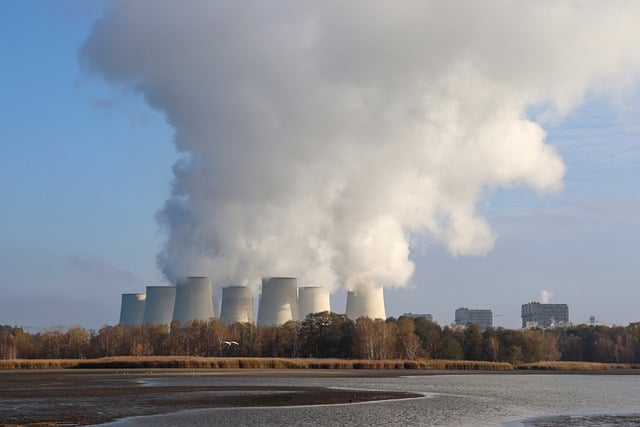How Humans Are Heading Towards Destruction
Nature WorldWide May 30, 2024 0
As we advance through the 21st century, the promise of technological innovation, economic growth, and societal progress continues to captivate our imagination. Yet, beneath this veneer of advancement, there lies a stark and unsettling reality: the human race is steering toward its destruction. The trajectory of our current behaviors, choices, and systemic flaws suggest a grim future if left unaddressed. This blog post delves into How Humans Are Heading Towards Destruction and this dire outcome and explores the urgent need for radical change.
Let’s know more about How Humans Are Heading Towards Destruction
Environmental Degradation
One of the most pressing threats to humanity’s survival is environmental degradation. Climate change, driven by greenhouse gas emissions, is causing unprecedented changes in weather patterns, sea levels, and biodiversity.

The Intergovernmental Panel on Climate Change (IPCC) warns that we are approaching tipping points that could lead to irreversible damage. The consequences are not just environmental; they encompass economic collapse, mass migrations, and geopolitical instability. Our relentless consumption of natural resources, deforestation, and pollution exacerbate this crisis, leaving a legacy of destruction for future generations.
Read More: 10 Importance of Animals in Our Life
Technological Overreach and Ethical Dilemmas
While technology has undoubtedly improved many aspects of human life, it also presents existential risks. Artificial Intelligence (AI), biotechnology, and automation have the potential to disrupt societies in ways we are unprepared for.

The development of AI, for instance, raises ethical questions about control, employment, and surveillance. Moreover, advancements in genetic engineering and synthetic biology pose risks of unintended consequences, including the creation of harmful pathogens or ecological imbalances. Our rapid technological progress is outpacing our ethical and regulatory frameworks, creating a precarious situation.
Read More: Therapy in Nature: 8 Mental Health Benefits of Nature Exposure
Social Inequality and Political Instability
Increasing social inequality and political instability are critical threats to global stability. The gap between the rich and poor is widening, leading to social unrest and weakening democratic institutions. Corruption, authoritarianism, and populist movements are on the rise, undermining the rule of law and human rights.

These factors contribute to a volatile global landscape where conflicts are more likely to arise and escalate. Without addressing the root causes of inequality and fostering inclusive governance, we risk descending into a future marked by strife and division.
Read More: 8 Transformative Ways to Infuse Positive Effects into Our Lives
Overpopulation and Resource Scarcity
The global population is expected to reach nearly 10 billion by 2050, straining the planet’s resources to their limits. Overpopulation exacerbates problems like food and water shortages, habitat destruction, and increased carbon emissions.

The pressure on arable land and freshwater resources is intensifying, leading to conflicts over these essential commodities. Sustainable development and resource management are crucial, yet our current trajectory suggests that we are failing to implement these necessary changes.
Read More: 12 Effects of Natural Resource Depletion on Human Life
The Erosion of Collective Human Values
Finally, the erosion of collective human values threatens the cohesion and resilience of societies. Materialism, individualism, and the pursuit of short-term gains often overshadow the principles of solidarity, empathy, and long-term thinking.

This value shift contributes to environmental neglect, social fragmentation, and a lack of coordinated effort to tackle global challenges. Reinvigorating a sense of global citizenship and shared responsibility is vital for steering humanity away from the path of destruction.
Read More: How Does Nature Impact Our Wellbeing
Conclusion
The evidence is clear: the human race is heading toward a dangerous future if current trends remain unabated. Environmental degradation, technological overreach, social inequality, overpopulation, and the erosion of collective values are critical issues that demand immediate and concerted action. The time for complacency is over. We must adopt sustainable practices, develop robust ethical frameworks, address social disparities, and foster a renewed sense of global responsibility. Only through these efforts can we hope to alter our course and ensure a viable future for generations to come. The stakes have never been higher, and the need for change has never been more urgent.




